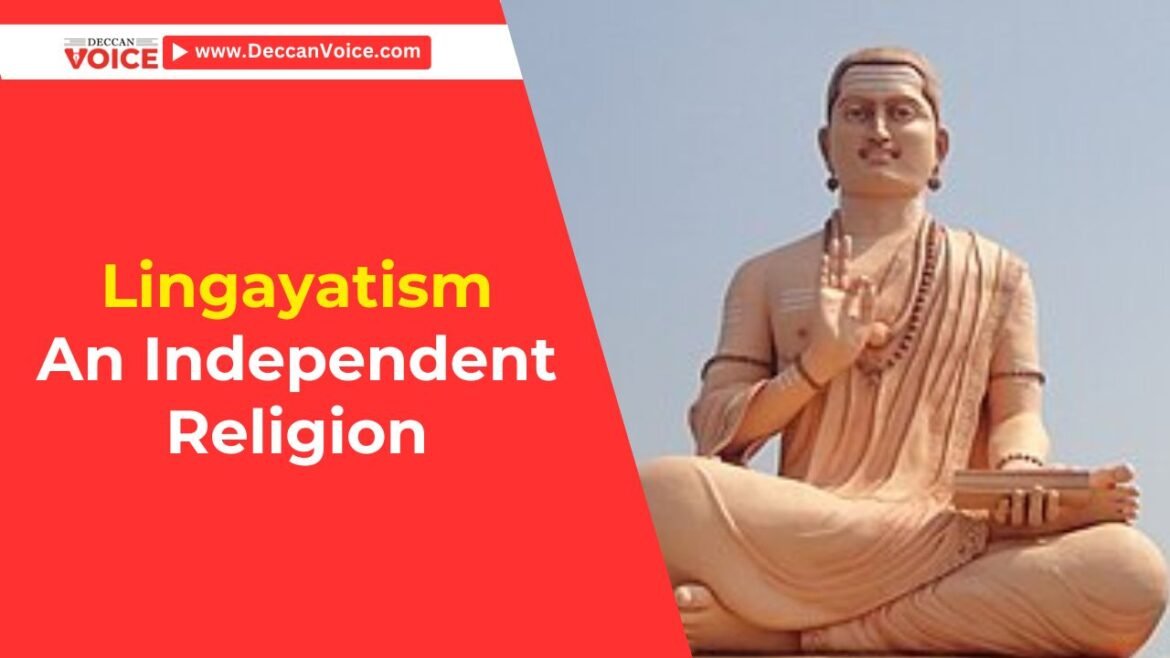Lingayatism, a distinct spiritual and religious tradition, has long been a subject of scholarly debate and cultural significance in India. With its unique beliefs, practices, and historical development, many argue that Lingayatism stands as an independent religion, separate from mainstream Hinduism. This article delves into the historical origins, core beliefs, rituals, and the ongoing struggle for recognition that underpin the Lingayat identity.
Historical Origins of Lingayatism
The roots of Lingayatism trace back to the 12th century in the region that is now Karnataka, India. It was founded by Basava, a philosopher and statesman who served as a minister in the court of the Kalachuri king Bijjala II. Basava’s teachings emphasized personal devotion to Shiva as the supreme deity, known as Ishtalinga, and rejected the caste system and ritualistic practices that were prevalent in Hindu society. This marked a significant departure from the orthodoxy of the time, laying the foundation for what would become Lingayatism.
Core Beliefs of Lingayatism
Lingayatism is monotheistic, centered on the worship of Shiva in the form of a linga, a symbolic representation of the deity. Followers, known as Lingayats or Veerashaivas, believe in direct, personal devotion to Shiva, bypassing the need for intermediaries like priests. This personal linga is worn around the neck and serves as a constant reminder of their devotion and spiritual commitment.
One of the key tenets of Lingayatism is the rejection of the caste system. Basava’s teachings promoted equality and social justice, advocating for a society where spiritual worth is not determined by birth but by one’s actions and devotion. This egalitarian ethos is a cornerstone of the Lingayat faith, setting it apart from the hierarchical structure of traditional Hinduism.
Rituals and Practices of Lingayatism
Lingayat rituals are distinct and focus heavily on individual devotion. Daily worship involves the personal linga, and the community comes together for collective prayers and celebrations of festivals like Maha Shivaratri. Lingayats also have unique life-cycle rituals, from birth to death, which differ significantly from those in mainstream Hinduism. For instance, Lingayat funerary practices include burying the dead instead of cremation, reflecting their distinct theological beliefs about the body and the soul.
Struggle for Recognition of Lingayatism
Despite its clear differences from mainstream Hinduism, Lingayatism has often been classified as a Hindu sect by both the Indian government and census authorities. This has led to a long-standing movement among Lingayats to be recognized as an independent religion. The push for recognition gained momentum in the 21st century, with significant political and social advocacy aimed at highlighting the distinct identity of Lingayatism.
In 2018, the Karnataka state government recommended that Lingayatism be recognized as a separate religion, a move that sparked intense debate and discussion across India. Proponents argue that recognizing Lingayatism as independent would honor its unique theological and cultural heritage. Critics, however, see it as a divisive move that could fragment Hindu unity.
Conclusion
Lingayatism, with its rich historical roots and distinct religious identity, represents a unique spiritual path that diverges significantly from mainstream Hinduism. Its monotheistic worship, rejection of caste, and individual-centered rituals underscore its claim for independent religious status. As the debate continues, the Lingayat community’s pursuit of recognition highlights broader themes of religious identity, social justice, and cultural autonomy in India.
The recognition of Lingayatism as an independent religion would not only validate the distinct beliefs and practices of its followers but also contribute to the diverse tapestry of global religious traditions. Whether or not official recognition is granted, the Lingayat faith remains a powerful testament to the enduring quest for spiritual and social equality.



